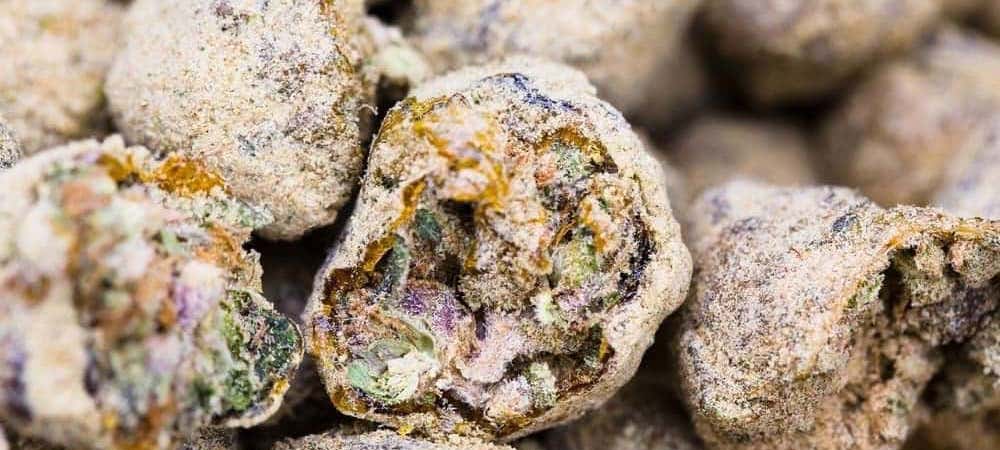All Things CBN
Among all the hype in the cannabis world surrounding THC (tetrahydrocannabinol) and CBD (cannabidiol), let’s highlight another cannabinoid found in the cannabis plant. Cannabinol, or CBN, is less studied and utilized compared to its cannabinoid counterparts, but it certainly has some potential benefits.
What is CBN?
Cannabinol (CBN) is a cannabinoid formed after the cannabis plant has been harvested as a product of aged THC. CBN is produced when THC oxidizes, meaning it is exposed to excessive amounts of heat, oxygen or light. For this reason, it’s usually present in high amounts in older cannabis. While this might be a turn-off for some, others seek out older cannabis just to enjoy the effects of CBN. However, CBN isn’t known to cause the intoxicating psychoactive effects associated with THC.
CBN’s chemical make-up is remarkably similar to CBD’s, even sharing many of the same effects. However, CBN is found in much smaller amounts in cannabis flower. Indica-dominant strains typically have a higher amount of cannabinol compared to sativa-dominant strains. Even then, less than one per cent of the cannabinoid content of dried flower will be CBN.
How does CBN affect the body?
CBN is one of 100’s of cannabinoids identified in the cannabis plant. Cannabinoids are a class of chemicals naturally produced by the cannabis sativa plant. These cannabinoids interact with a series of receptors in your body, collectively known as the endocannabinoid system.
Cannabinoid receptors 1 (CB1) and 2 (CB2) are the most studied receptors in this system. The way different cannabinoids bind with these receptors has a big impact on their effect.
Both CBN and CBD tend to bind with CB2 receptors in the body’s endocannabinoid system, which plays a role in central nervous system function and helps the body react to both internal and external stimuli. CB2 receptors are mostly associated with immune system regulation.
What are the potential benefits of CBN?
Current research on CBN is limited with very few studies demonstrating its effects in the human body. However, what has been discovered does at least point to some promising therapeutic possibilities for CBN.
The main impact of CBN seems to be on sleep. One randomized controlled trial published in 2021 revealed that products containing CBN had a beneficial impact on sleep quality. It’s important to note that THC is the most well-known cannabinoid for sleep, and since CBN is a byproduct of the oxidation of THC, it’s no surprise CBN also demonstrates an ability to improve sleep quantity and sleep quality, even in low doses.
Beyond sleep, CBN may also be a potent anti-inflammatory agent capable of helping those with rheumatoid arthritis. In one rodent study, CBN was shown to reduce arthritis. While more research needs to be done, this could end up being an incredible help to those suffering from this debilitating condition.
Cannabinol is still a rare and understudied cannabinoid with unique and potentially, medically useful properties. While CBN is produced through THC oxidation, it can be synthetically produced as well. Isolated CBN is offered usually in the form of tinctures or edibles and are a great way of testing out this cannabinoid to experience it firsthand.




